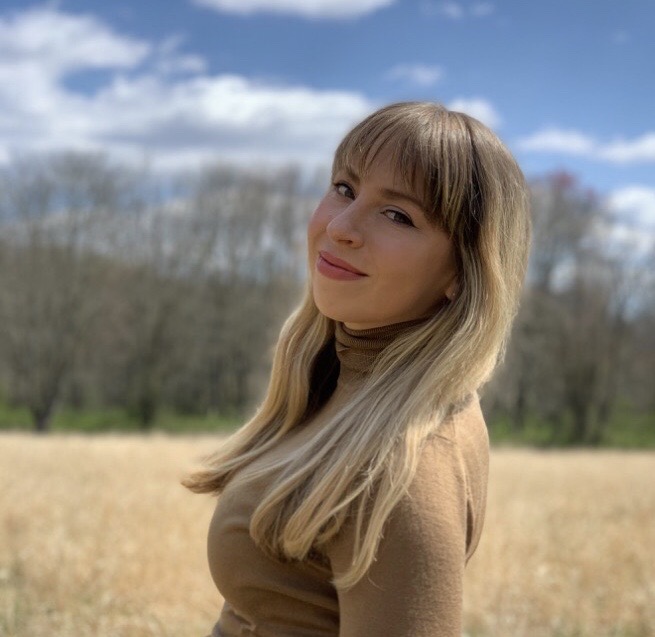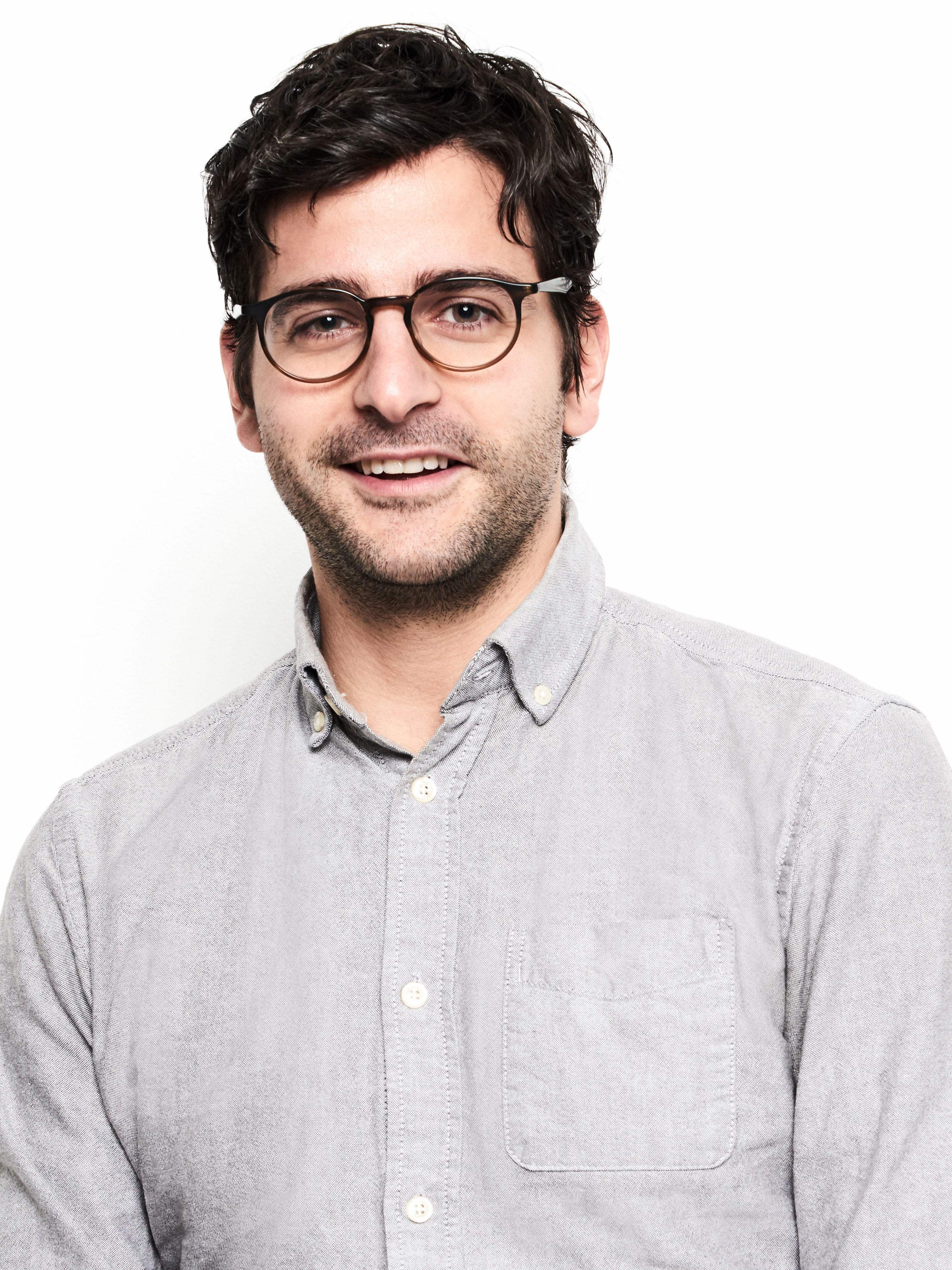ISSN: 1941-4137
POETRY THAT ENACTS THE ARTISTIC AND CREATIVE PURITY OF GLASS
POETRY THAT ENACTS THE ARTISTIC AND CREATIVE PURITY OF GLASS

Lauren Hilger is the author of Lady Be Good (CCM, 2016.) Her work has appeared in BOMB, The Threepenny Review, West Branch, and elsewhere. She serves as a poetry editor for No Tokens.

Dionissios Kollias' poems appear in No, Dear Magazine, Landfill Journal, and elsewhere. He currently lives in Brooklyn, New York.
Also by Dionissios Kollias:
Burano
Three Poems
Plato’s Republic.
Lauren Hilger's Recording
Dionissios Kollias's Recording
It wasn’t the leather, the etched letters,
the supposed natural state, that water is just water
discredited,
but what is just
has been dissolved like an oral tablet.
The state is
what it wants to discard.
[Someone hands me a counterfeit bill.]
The whimper remains.
Centuries of sameness.
Chase me —
what’s your number? What’s your name?
Equal to harmony,
we are fuck-ups.
Marmoreal, our mistakes,
and how loud I was
to myself when someone was lying.
Lost creations [we had no space in the luggage]
replaced by a collective thought that fills
the terrazzo flooring,
and its message
the sound of a hidden note in an old clay pot.
The bits of marble and concrete spread further out.
You, on my chest. Wisdom over music and dance.
For years, we kept a secret habit. We sent each other poem drafts almost daily — as soon as something was one-second-done, it was sent off to the other person to be first reader and editor. Our process involved a simple exercise, we changed the font color: if we liked a word or sentiment, bright pink, if it should go, red, and blue meant we were adding our own words to the line. These were never mandatory edits, but it made us more flexible. Nothing felt too precious if the other felt it was lacking. In 2016, when we began to work together in a more formal way, we were already really comfortable editing each other's work. We found our similar obsessions, collected notes and observations, and combined that with Google-doc-live writing, where we'd respond to a line that might have been in a notebook for a year. This way, we were never just working off our backlog of drafts. Working collaboratively, of course, adds another layer of complexity because another person has to sign off on a presented image, has to say this is meaningful to me too or in a different way. We like the idea of this tricky but unified voice from two authors, two sets of notes, two responses to each other's lines. We like when the atmosphere changes with one word: suddenly, the mood is Dio's if the syntax Lauren's, and vice versa./i>
Glass: A Journal of Poetry is published monthly by Glass Poetry Press.
All contents © the author.
All contents © the author.





